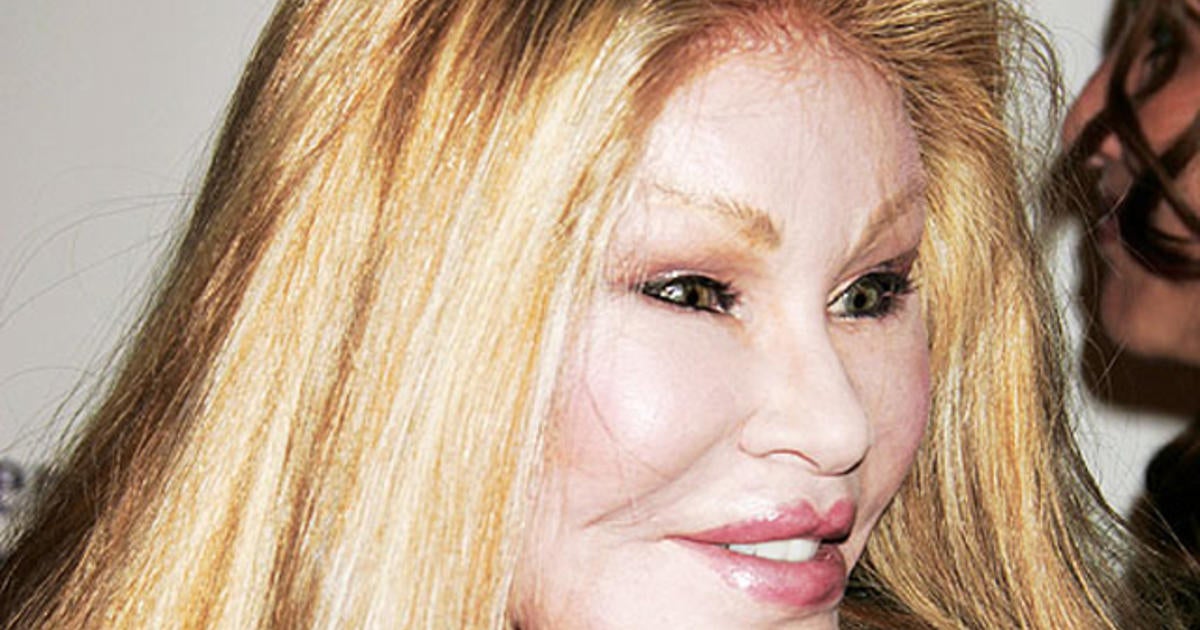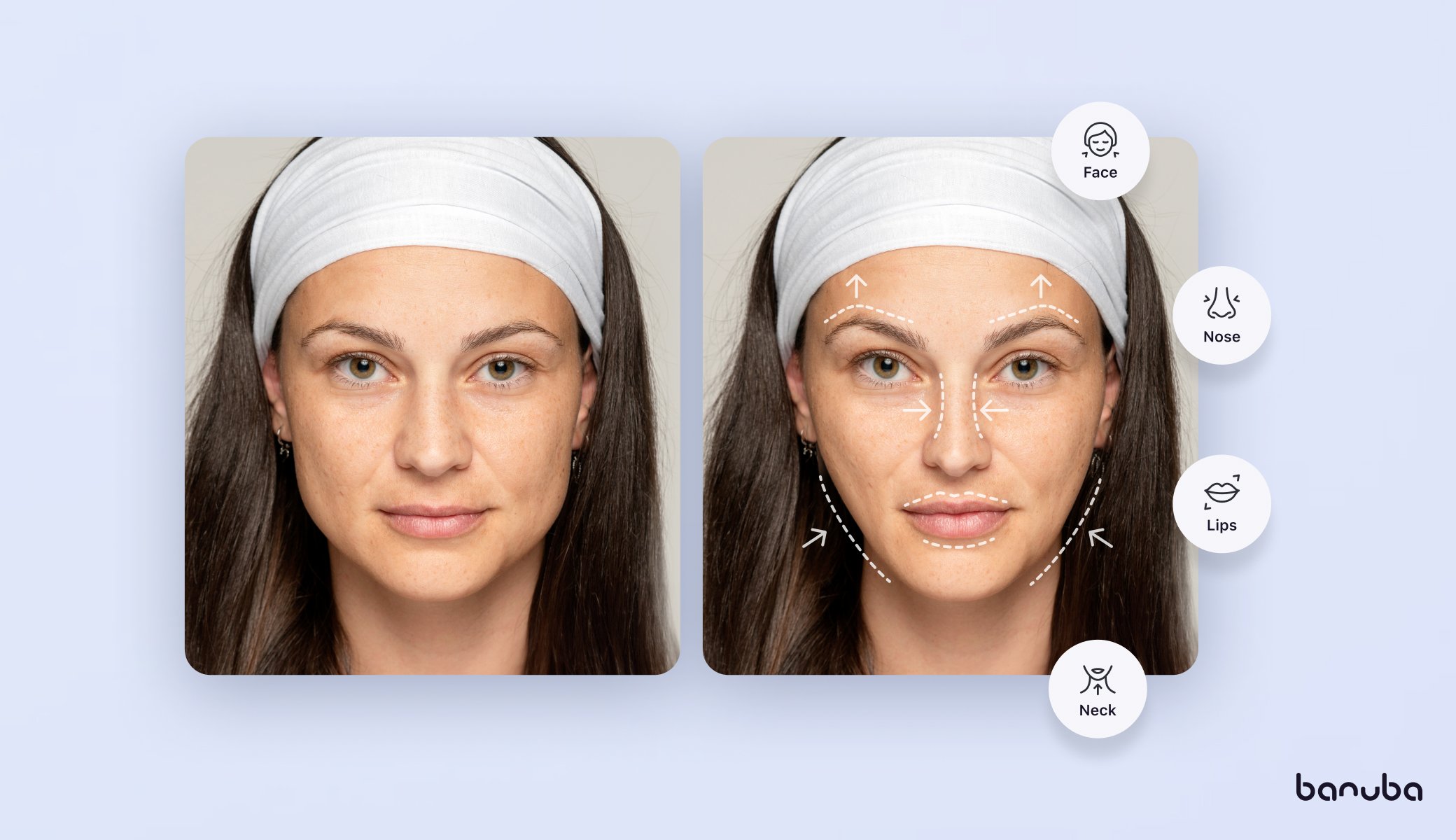Investigating the Mental and Social Factors That Drive Individuals to Think About Aesthetic Surgery as a way of Renovation
The decision to seek cosmetic surgical treatment typically prolongs past mere looks, intertwining with mental and social characteristics that warrant thorough exam. Elements such as self-confidence, prevalent social appeal criteria, and the pervasive influence of social media sites converge to shape private inspirations for medical enhancement. As these influences become progressively prominent, comprehending the underlying cultural and emotional contexts is important. What continues to be to be checked out is the profound effect these aspects have not only on individual identification however likewise on wider societal norms and worths bordering charm and approval.
The Function of Self-confidence
Self-esteem substantially influences a person's decision to seek plastic surgery. People with reduced self-worth often regard themselves in an adverse light, causing sensations of inadequacy regarding their physical appearance. This unfavorable self-perception can drive them to look for surgical interventions as a technique of enhancing their self-image. The need for improvement in one's appearance is frequently connected to an idea that such adjustments will boost their overall self-respect and confidence.

Ultimately, the role of self-esteem in the decision-making process concerning plastic surgery highlights the complicated interaction between body image, personal satisfaction, and psychological wellness. Understanding this connection is crucial for medical care professionals to guarantee that patients are making notified choices rooted in practical expectations and emotional well-being.
Social Charm Requirements
Influenced by prevalent media representations and social stories, social beauty standards play a critical function fit individuals' assumptions of their own bodies. These criteria are usually characterized by an idyllic kind of charm that emphasizes attributes such as youthfulness, proportion, and slimness. As these perfects are continued through various channels, consisting of marketing, movie, and television, individuals regularly internalize these messages, bring about discontentment with their natural appearance.
The effects of these societal norms expand past visual preferences; they can impact self-worth, mental health and wellness, and social connections. People who regard themselves as disappointing these standards may experience sensations of insufficiency, motivating a desire for plastic surgery as a means of attaining social approval. This quest is often fueled by the idea that complying with these ideals will boost not just physical look however likewise social standing and personal gratification.

Influence of Social Network
The effect of societal charm requirements is further intensified by the increase of social media platforms, where curated images and idealized representations of charm are ubiquitous. Individuals are frequently exposed to filteringed system and edited photographs, which frequently show unattainable physical attributes. This direct exposure grows a society of contrast, leading individuals to examine their own look against these typically impractical benchmarks.
Social media site influencers and celebs regularly advertise cosmetic procedures, normalizing the notion that surgical enhancements are a viable ways for accomplishing societal ideals (plastic surgery rancho cucamonga). The presence of these improvements can produce a perception that going through plastic surgery is a basic practice, consequently affecting individuals to take into consideration similar treatments as a path to boosted self-worth and social approval
Additionally, the interactive nature of social media sites permits instant comments via likes and remarks, further reinforcing the need to adapt prominent charm criteria. Such communications can intensify feelings of inadequacy and drive individuals toward plastic surgery as a way of obtaining recognition. Inevitably, social media plays an essential duty in shaping understandings of elegance, which dramatically affects the decision-making procedures surrounding cosmetic surgical procedure.

Cultural Perspectives on Appearance
Across different cultures, understandings of look are deeply rooted in historic, social, and economic contexts, shaping individuals' sights on appeal and charm. In several societies, look functions as a significant pen of identification, influencing social status, professional opportunities, and personal connections. For example, in some societies, light skin is often connected with riches and privilege, while others may glorify darker complexion as signs of toughness and credibility.
Moreover, standard elegance standards are usually continued with social narratives, media representations, and family influences, resulting in varying suitables across various regions (plastic surgery rancho cucamonga). In Western cultures, the emphasis on young people and fitness often drives individuals toward aesthetic enhancement, while in particular Eastern cultures, even more subtle adjustments lined up with standard looks may be preferred
Globalization and the spreading of digital media have even more made complex these dynamics, developing a hybridization of beauty perfects that transcends geographical boundaries. As people increasingly navigate these cultural stories, the pressure to comply with certain look criteria can result in the need for cosmetic surgical treatment, mirroring a complicated interaction of cultural worths and individual goals. Comprehending these social perspectives is essential in resolving the motivations behind plastic surgery considerations.
Mental Influences of Plastic Surgery
Lots of people seeking cosmetic surgery report experiencing extensive emotional influences that can considerably alter their self-perception and emotional well-being - plastic surgery rancho cucamonga. The wish for physical enhancement typically originates from underlying issues such as low self-confidence, body dysmorphic problem, or social pressures regarding beauty criteria. For some, the instant post-operative stage can bring about a short-lived boost in self-confidence and contentment with their appearance, promoting a feeling of empowerment
However, these favorable feelings may not be sustaining. Study shows pop over to this web-site that while some clients experience boosted self-confidence, others may face intense stress and anxiety or depression if their expectations are not fulfilled. This inconsistency can arise from unrealistic suitables perpetuated by media depiction and cultural stories bordering appeal.
Moreover, the psychological implications look at this web-site of cosmetic surgical treatment prolong beyond the person. Relationships with friends and family may be stressed as social characteristics shift, bring about sensations of isolation or alienation. Eventually, the psychological effects of cosmetic surgical procedure are diverse and intricate, calling for cautious factor to consider by both potential people and health care carriers to guarantee enlightened decision-making and reasonable expectations.
Verdict
In final thought, the choice to pursue plastic surgery is significantly affected by a combination of self-esteem problems, societal charm requirements, and cultural point of views on look. The pervasive reach of social networks additionally intensifies these stress, advertising impractical ideals that people usually strive to obtain. Understanding these emotional and social factors is crucial for dealing with the inspirations behind plastic surgery, highlighting the demand for a much more nuanced discussion surrounding appeal and self-acceptance in modern culture.
The choice to pursue cosmetic surgical procedure frequently prolongs past plain visual appeals, intertwining with emotional and social dynamics that warrant detailed exam. Ultimately, social media plays a pivotal duty in forming assumptions of elegance, which dramatically impacts the decision-making processes surrounding cosmetic surgery.
As individuals increasingly navigate these cultural stories, the stress to adapt to this post particular appearance requirements can lead to the desire for cosmetic surgery, reflecting a complicated interplay of cultural values and individual desires.In verdict, the choice to pursue cosmetic surgery is considerably influenced by a mix of self-confidence problems, societal beauty standards, and social perspectives on appearance. Recognizing these social and psychological variables is crucial for addressing the inspirations behind cosmetic surgical procedure, highlighting the demand for an extra nuanced conversation surrounding appeal and self-acceptance in modern culture.